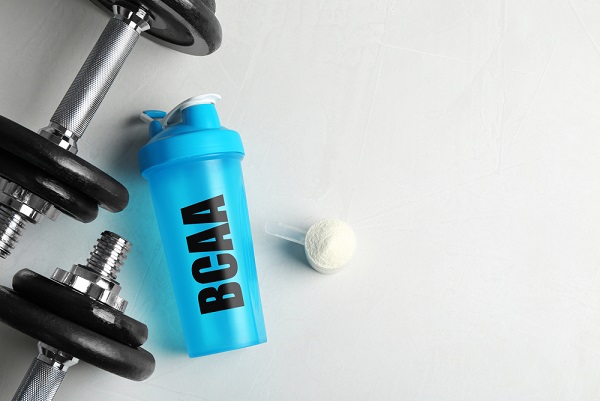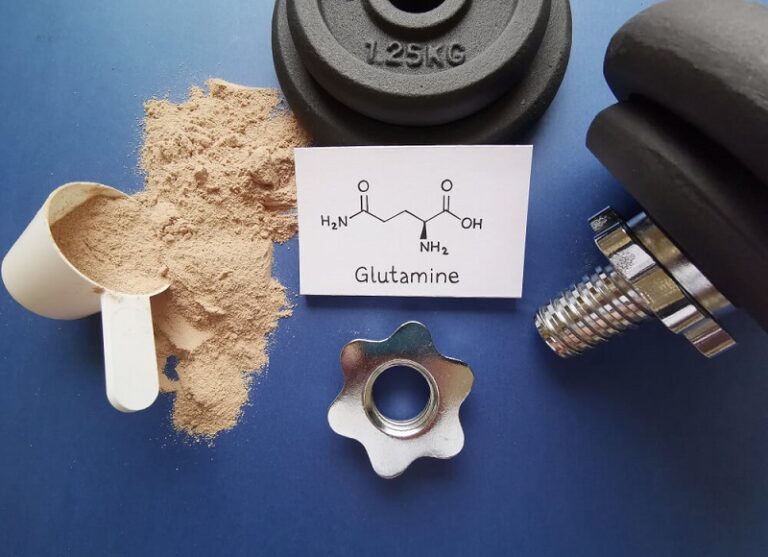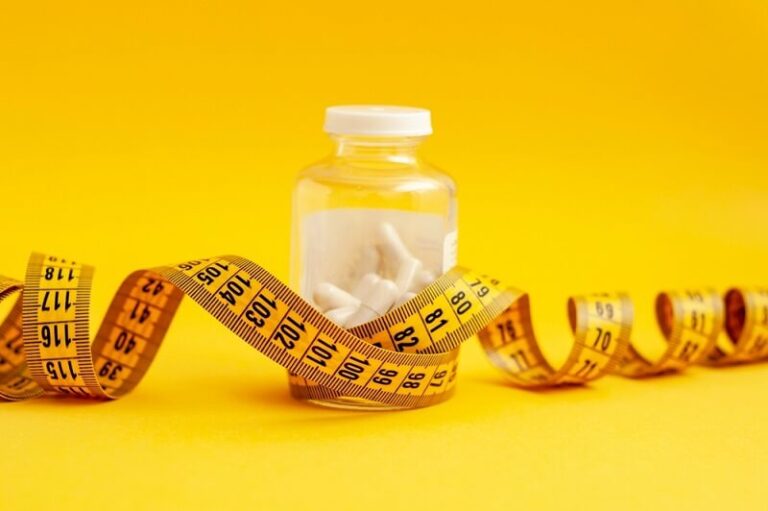What Does BCAA Do?
Branch-chain amino acid (BCAA) utilization by muscle increases at a rate that is lowered to its plasma levels after protracted exercise that results in glycogen. The serum activity of intramuscular enzymes linked to muscle injury would decrease with BCAA intake. To investigate the effects of BCAA supplementation on the chemicals associated with tiredness, muscle injury, and energy metabolism following endurance exercise.
Around 90 minutes after the start of the exercise, the amount of glucose produced from the liver during exercise with an intensity of roughly 60% of maximal oxygen consumption starts to decline and the liver’s glycogen stores are used up. But when it is consumed, it travels to the muscle and is metabolized to produce more energy. The amount of glucose that is broken down in the liver and released into the blood is thus decreased, which in turn lowers the blood’s level of glucose. It was claimed that taking BCAA helps keep physical performance from declining, which is often brought on by the depletion of muscle glycogen in the latter stages of endurance exercises. (1)
Branch-chain amino acid is the type of amino acid that is most readily metabolized in skeletal muscles and acts as a crucial energy substrate when carbohydrate stores are depleted following a longer workout and the contribution rate of fat as an energy source rises. It has been hypothesized that taking branch chain amino acid supplements may decrease protein breakdown and muscle enzyme release, reduce skeletal muscle damage brought on by robust resistance training, reduce soreness, decrease central fatigue and facilitate the recovery of muscle function that follows are some of the benefits of BCAA.

when to take bCAA
To avoid becoming more exhausted during your workout, it is preferable to take this supplement up to 15 minutes before you begin. By taking branch chain amino acid protein supplements before an exercise, you hope to prevent muscular exhaustion and provide your muscles more energy reserves. Taking it after a workout helps your body recover, regenerate, and rejuvenate muscles so that you experience less soreness the following day.
Should I take BCAA everyday?
To reduce muscle damage brought on by exercise, a daily dosage higher than 200 mg a day, for a duration longer than 10 days beginning at least 7 days before the intense exercise, might be helpful. According to research, healthy persons can safely consume 4–20 g of supplementary BCAAs per day, with extended intake providing larger advantages than acute ingestion. To enhance muscle protein synthesis, aim for 2-3 g of leucine in between meals, before, during, or after workouts.

Do BCAAs make you gain weight?
Diets with higher protein and lower carbohydrate content have been shown to promote weight loss with increased loss of body fat and reduced loss of lean body mass. Nutrition is vital, along with other lifestyle factors, for prevention and reduction of excess body weight. Leucine, isoleucine, and valine are among the BCAAs, which are necessary amino acids that may contribute to some of the health benefits of high-protein diets. Branch-chain amino acid are crucial for both protein synthesis and glucose metabolism, the latter of which is especially vital during times of low energy intake. (2)
BCAA vs Creatine
If you want to build more power, strength, and size in your muscles, creatine is the way to go. If you want to boost muscle recovery and regeneration after exercise, BCAAs are the best choice.
Is BCAA a Steroid?
It is not steroids or hormones. They are natural amino acids, which serve as the foundation for proteins that form muscle tissue.
bCAA benefits for women
They can be highly beneficial for women who want to reduce body fat or enhance their body composition. They facilitate the maintenance and growth of muscle mass by assisting in the prevention of muscle breakdown.






